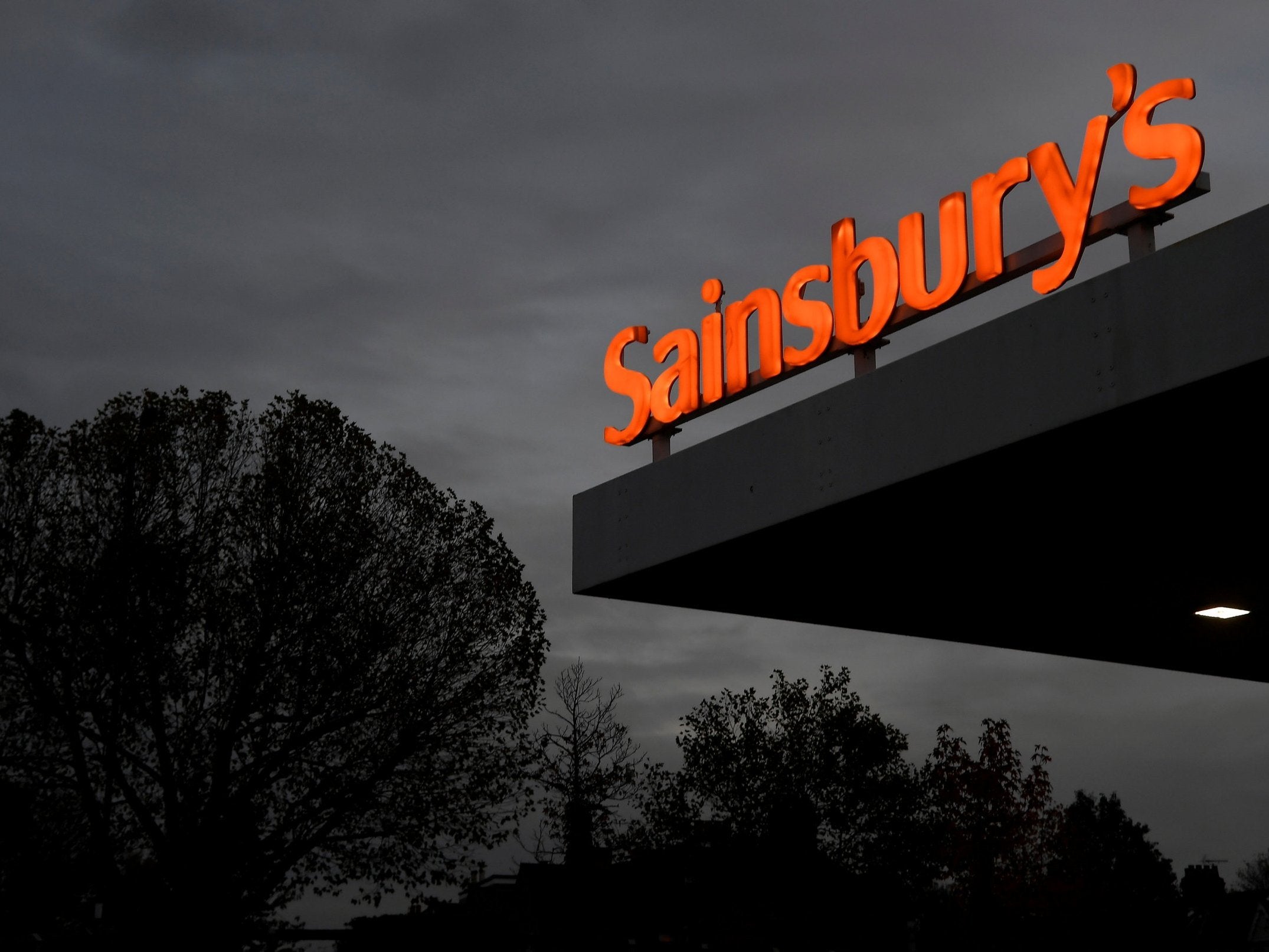Sainsbury's suffers another blow as sales and market share decline again
Britain's number two chain stuck out like a sore thumb in Kantar WorldPanel's latest snapshot of the grocery market - it was the only big group at which sales declined

Your support helps us to tell the story
From reproductive rights to climate change to Big Tech, The Independent is on the ground when the story is developing. Whether it's investigating the financials of Elon Musk's pro-Trump PAC or producing our latest documentary, 'The A Word', which shines a light on the American women fighting for reproductive rights, we know how important it is to parse out the facts from the messaging.
At such a critical moment in US history, we need reporters on the ground. Your donation allows us to keep sending journalists to speak to both sides of the story.
The Independent is trusted by Americans across the entire political spectrum. And unlike many other quality news outlets, we choose not to lock Americans out of our reporting and analysis with paywalls. We believe quality journalism should be available to everyone, paid for by those who can afford it.
Your support makes all the difference.Sainsbury’s suffered another body blow this morning with the release of Kantar Worldpanel's regular grocery market survey.
Punch drunk from the Competition & Markets Authority delivering an upper cut to its Asda merger plans, Kantar’s figures followed up with a painful left jab.
Sainsbury’s was the only big grocery group to record a fall in sales over the 12 weeks to February 24 and as a result it stuck out like a sore thumb in the researcher’s tables. It looked a bit like one of those odd shaped potatoes in the middle of a tray full of the perfectly ones that the supermarkets used to insist were the only ones shoppers would buy.
No these aren’t official figures, as grocers are typically only too keen to remind everyone of when they don’t come out of them looking good. But they are closely watched because they are based on an admirably comprehensive survey - the shopping data submitted by a 30,000 strong panel.
That data showed that Sainsbury’s sales declined by 1 per cent. Worse still, from the point of view of pride, is that its sluggish performance (this is no one off) means it should soon surrender its position as Britain’s number two supermarket to its proposed merger partner, which has been revived somewhat.
Sainsbury’s now has 15.7 per cent, Asda 15.5 per cent. The corresponding figures this time last year were 16.2 per cent and 15.6 per cent, which ought to give Sainsbury’s investors pause for some serious thought.
Much of the focus following the figures’ release - hot on the heels of a set of numbers from Barclaycard - focussed on the rather mixed evidence of pre Brexit stockpiling (people say they’re looking at it but the figures aren’t picking it up yet).
Were Theresa May’s one policy of note not threatening to drop a bomb on all of the supermarkets, and on all of us too, Asda’s renewed vim ought to have made it an attractive target for someone other than Sainsbury’s by now. Owner Walmart is none too keen on hanging around. It's probably working on plan B right now.
Sainsbury’s, by contrast, looks rather like what Britain’s going to look like when its dismal Conservative government has finished doing its worst: Ailing while looking enviously across at its rivals.
There were a few crumbs of comfort for the chain's bosses. The premium ‘Taste the Difference’ range has been doing well, for example, which shows that cheap prices aren’t everything notwithstanding what's driven the growth of Aldi and Lidl (they’re doing just fine by the way).
It should also be noted that the figures from a previous deal, the acquisition of Argos, are not including because general merchandise isn’t covered by Kantar’s survey.
But with the latest merger on the ropes, and Sainsbury’s performance wilting, CEO Mike Coupe is facing hard questions about both his deal making and his business management. These figures only underline how badly he needs to find some answers.
Join our commenting forum
Join thought-provoking conversations, follow other Independent readers and see their replies
Comments